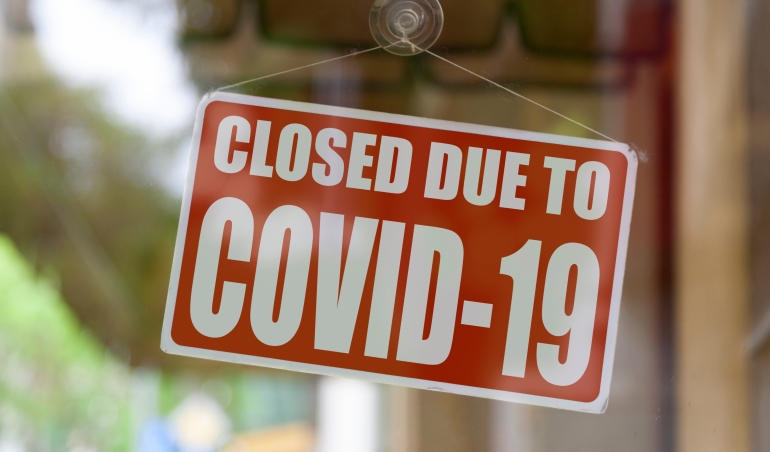Thur 21 May 2020
By Jayne He
The COVID 19 pandemic has raised issues which extend from health and human rights to the economy. A key aspect of the economy is role of competition law and policy during the pandemic and afterward. Competition law raises questions about the extent of collaboration, for example, to ensure supply chains in essential goods and services during these difficult times; how mergers should deal with failing firms; the growth of market power where firms are forced to leave the market; and price gouging in essential items. In the longer term, COVID 19 challenges assumptions and ideas about globalisation, minimal government intervention in markets and the appropriate goals of competition law itself.
On 21 April 2020, the Co-director of Herbert Smith Freehills China International Business and Economic Law (CIBEL) Centre Professor Deborah Healey spoke in an expert panel of a webinar on competition authorities’ responses to COVID-19 organised by the Hong Kong Competition Commission (HKCC), along with Professor William Kovacic (George Washington University), Professor Richard Whish QC (King’s College London) and Dr. Pierre Horna (UNCTAD).
“There is a real clash of humanitarian and economic goals and costs in the current scenario, but it's quite clear that short-term market interventions are necessary,” Professor Healey said.
Professor Healey spoke about initiatives allowing short-term collaboration by the Australian Competition and Consumer Commission (ACCC) to mitigate the COVID-19 situation under its well-established authorisation process and based on public benefit.
She also shared her insights on how the pandemic would impact competition law and policy generally, and how competition authorities, and particularly young authorities, could mitigate the impact on competition to ensure that economies would remain competitive once the pandemic is under control.
In many jurisdictions, governments have undertaken broader market roles during this time. Professor Healey suggested that an important competition policy issue for competition agencies in jurisdictions which do not have a sophisticated state aid system (as does the EU), is to assess whether proposed market interventions by government were appropriate or fit for purpose in competition policy terms. In this regard, competition advocacy would be crucial going forward.
In principle, governments should consult with competition authorities on such issues to ensure that the least anticompetitive option is selected. In some jurisdictions, governments are required to consult with competition authorities before passing laws, but in others competition authorities have little traction. Nevertheless, competition advocacy regarding appropriate government action, and when and how it should cease, is imperative.
Greater reliance on state-owned enterprises (SOEs) in some jurisdictions may lessen competition. Professor Healey suggested that competition authorities must continue to advocate that companies which do not compete often deliver lower quality goods and services at high prices, and that lazy companies raise costs for everyone. For countries which have initiatives such as competitive policy in relation to their SOEs, the competition authority must encourage the government to maintain a clearly documented approach and to justify any anti-competitive impact by considering public benefit.
Professor Healey said, “Competition advocacy by competition authorities will be the most important thing going forward to ensure that COVID-19 initiatives are appropriate, last only as long as is absolutely necessary and are limited to the extent that they can be.”
When asked what the biggest challenge to competition authorities in the next year or two would be, Professor Healey stated that, in her view, the focus on competition itself would be less prominent going forward because of modifications imposed during the pandemic, and that disillusionment in some jurisdictions about competition and globalisation was also likely to impact competition law and policy. Hence, competition authorities would have to work harder in their advocacy to ensure that competition remained at the forefront of the economic policy in their jurisdictions.
Professor Healey currently collaborates with Professor Huang Yong of University of International Business and Economics in Beijing and Professor Lin Ping of Hong Kong Lingnan University on a comparative study of competition impact assessment systems in Australia and mainland China. This project is commissioned by the HKCC and the major objective of it is to come up with a tailor-made competition impact assessment system for Hong Kong. This project will soon be completed and published.
